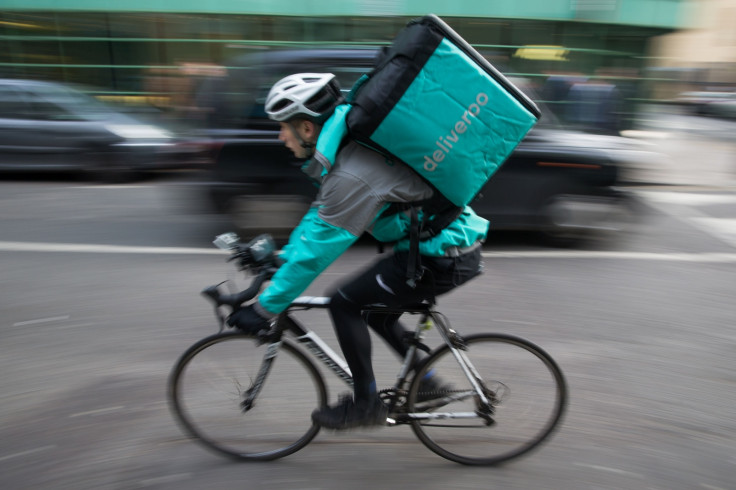One in three 'gig workers' admits to juggling two or more jobs at one time
Data released by Zurich UK shows 7% of respondents hold more than three 'gig jobs' at the same time.

Over one in three gig workers admit holding at least two jobs, with some juggling as many as three, new research has shown.
According to data published by Zurich UK, 32% of respondents hold at least two jobs within the gig economy industry, while 7% hold three or more.
The report – which was based on UK-wide analysis from YouGov of over 4,200 adults, of which 603 were gig workers – also found that 10% of those surveyed said they had undertaken season work during the holidays, or were eager to do so.
The seasonal jobs ranged from Uber drivers taking people to their Christmas parties to postal workers taking on extra shifts to make deliveries before the festive period.
The study, which is the first to use data from the gig economy, also found that flexibility and breadth of opportunities are the main factors for two in five gig workers choosing gig work, while a fifth admitted that gig work is the only type of employment available to them and a further 14% saying they undertake gig work to ease them into retirement.
"With Christmas approaching and people increasingly considering gig work to supplement seasonal costs, holding more than one role has become the norm," said Chris Atkinson from Zurich UK.
"The benefit of gig work is that it gives people flexibility to boost their income, but it comes without the benefits that full-time employment provides, such as holiday pay and income protection. This is why it's so important there is more support available to gig workers to ensure they take steps to protect their finances."
However, while most enjoyed the freedom of gig work, the main drawbacks were not having access to employee benefits such as income protection, holiday and sick pay.
Some 42% of the respondents also admitted being worried by not knowing where the next job and salary will come from, while not receiving a workplace pension was a concern for 31% of those surveyed.
Earlier this year, the government-commissioned review of employment practices led by Matthew Taylor, recommended a new status for gig workers as "dependent contractors".
The term was aimed to define an alternative worker status that would require gig companies to treat those who worked for them as employees, which would allow them access to the same workplace benefits.
However, the review was seen by unions as a missed opportunity to strengthen the rights of workers, who they argue are wrongly classified as self-employed, and thus do not receive benefits such as sick pay and holiday leave.
Firms such as Deliveroo and Uber have come under fire for employing cyclists and taxi drivers as independent contractors, when critics argue their workers wear uniforms and are subject to a number of restrictions associated with company workers, rather than self-employed contractors.
Sport chain Sports Direct has also come under fire for its use of zero-hour contracts, which do not guarantee employment.





















